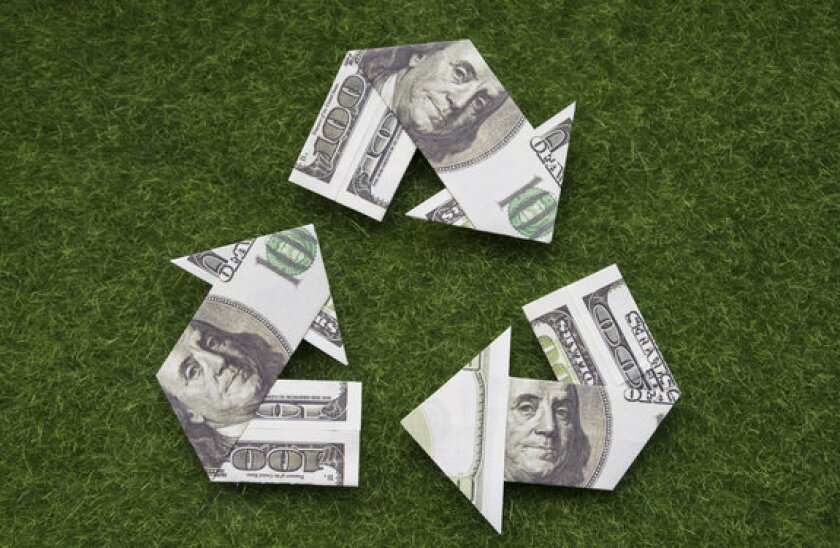The European Parliament is in talks with other EU bodies to decide whether to mandate the European Banking Authority to commission a report into a green securitization framework, aimed at using the market as a way of satisfying both the Covid-19 recovery and the desire for more green finance.
But this is no well-planned, strategic decision. The ESG discussions have been tagged on at the last minute to a set of two amendments to the Securitization Regulation, allowing banks to more easily securitize non-performing assets and use synthetic securitization to free up balance sheet space during the Covid-19 pandemic.
The European Parliament proposed that the EBA report back after one year. Discussions as to whether this will happen or not are under way.
While it is appropriate that enough time be spent thinking through some of the complexities of applying ESG criteria to securitization, what the market calls the “quick fixes” — the original two amendments — may end up not coming as fast as anticipated.
That is akin to holding up heart surgery to debate the merits of a simultaneous nose job.
Certainly, some people clearly need to spend time getting their heads round what they are actually trying to do. One of the proposals for green securitization was to determine risk weightings based on green criteria, even in cases where a deal did not qualify for the ‘simple, transparent and standardised’ (STS) framework.
This would allow banks to hold less capital against a securitization based on how green or socially beneficial it was, even if they went without the STS label intended to tell investors that the securitization was a safe investment.
But it seems that some in the market, as well as perhaps in the Parliament itself, are conflating ESG criteria with risk assessment.
It is strange that European institutions would seek to undermine the time spent implementing the STS criteria in this way. The STS label arose from a desire to prevent the financial catastrophes of 2008 from being repeated. It was not a project directed at promoting ethical investing.
While we need to be quick to learn from the crisis at hand, we forget the lessons of the last one at our peril. Had there been more ESG investment about at the time, a green framework could quite easily have accommodated assets that ended up in a 2008-era toxic, synthetic CDO.
If a pool of energy-efficient mortgages had become collateral for such a deal, ESG criteria, as they stand, would have looked at whether or not the assets were contributing to carbon output. But that wouldn’t have stopped the type of securitization that led to the global financial crisis.
It is important not only that STS and green frameworks be kept separate from one another, but also that green and ESG criteria do not become the default metric used to determine credit risk.
The speed at which this mandate is making its way through the EU’s institutions gives little comfort to those worrying such issues won’t be adequately addressed.
The “quick fixes” were supposed to be about setting banks free from NPLs and regulatory hassle and get them lending into the real economy. Whatever social goals the European Parliament has in mind, surely the eurozone’s economic recovery post-Covid-19 should be at the forefront.
The securitization market has many tools that could lend themselves to supporting green asset origination, but one questions whether a pandemic is the opportune time to begin sharpening them.
The European Parliament needs to take a step back and decide what it wants to prioritise: the green finance revolution or a speedy economic recovery from Covid-19.

